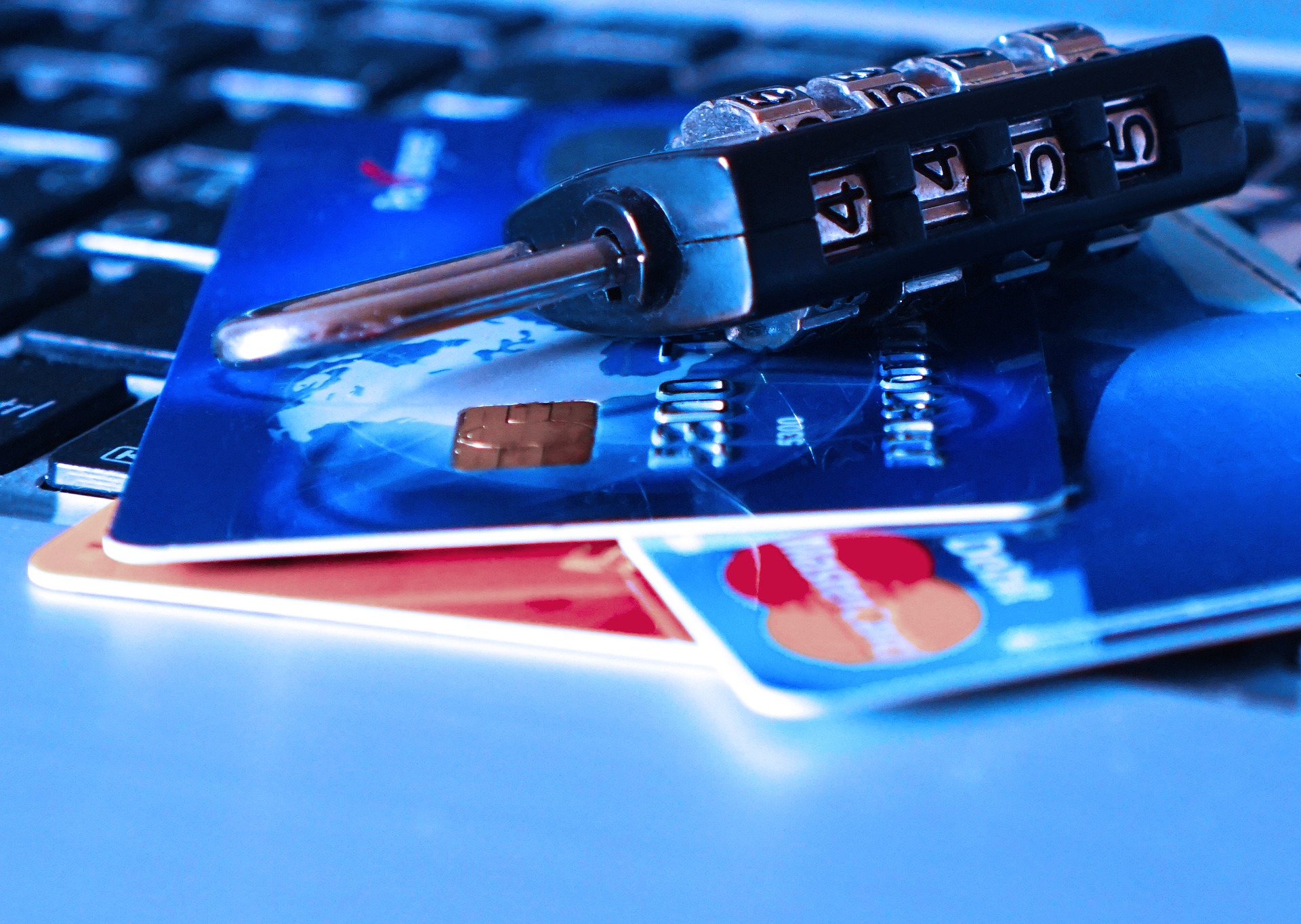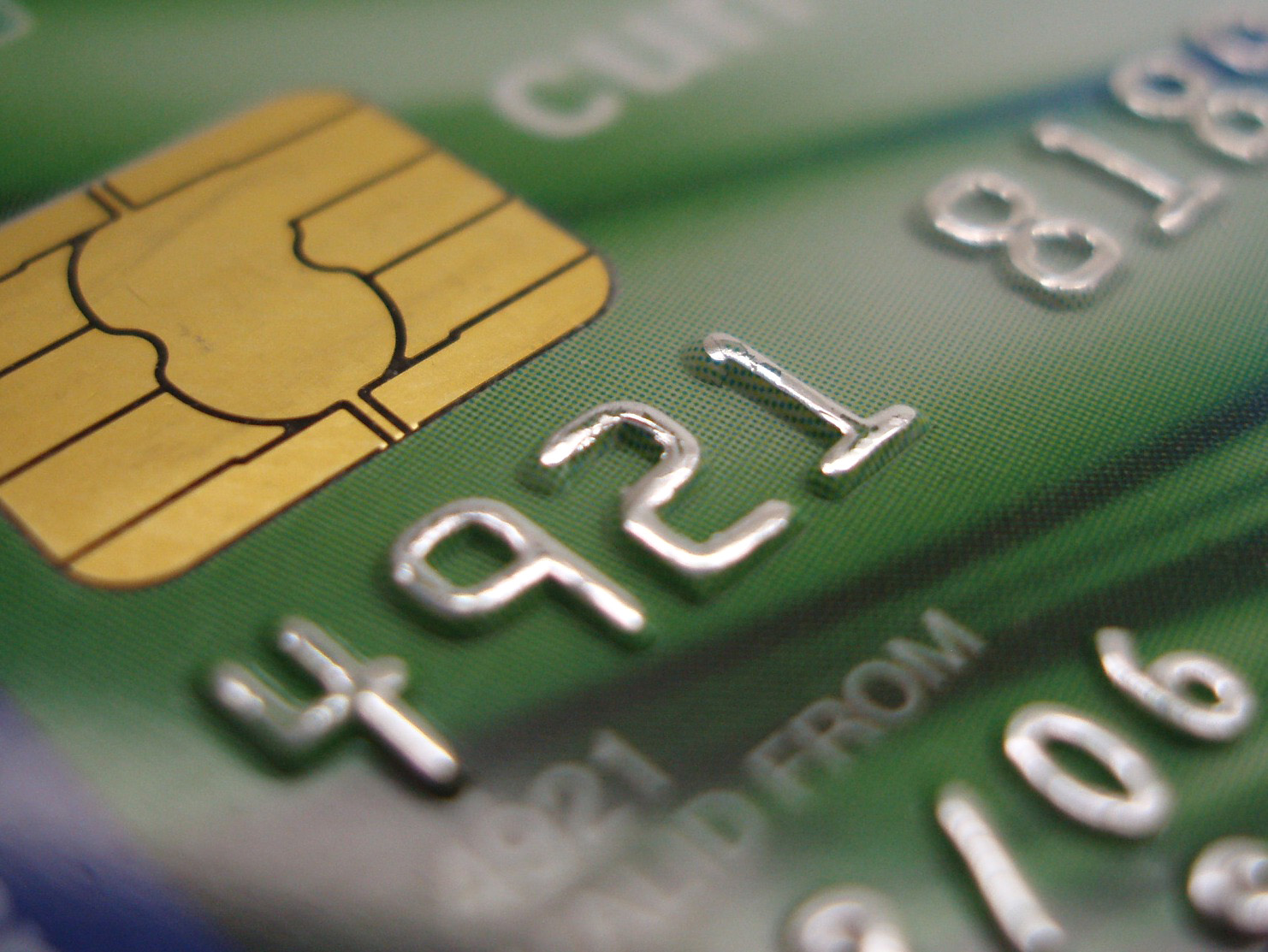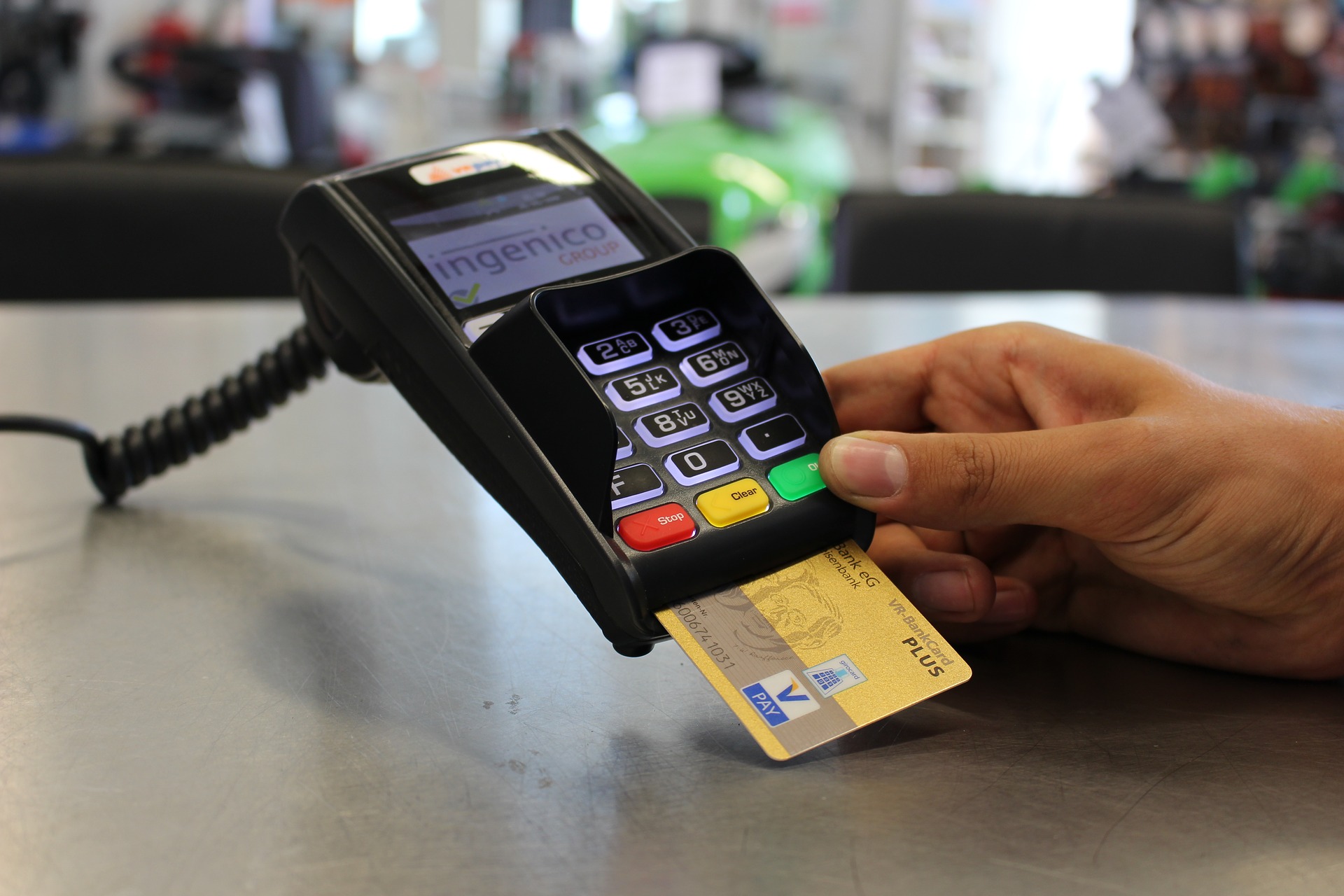How does credit monitoring work? Protect yourself from would-be scammers
Do you have good or bad credit? It's time to find out.

In the United States, every time you request a loan, open a credit card, or even start a new job, the information is posted to your credit report. Those reports tell lenders, utility companies, and would-be employers how well you can handle money. Pay your bills on time, and the scores listed on those credit reports go up; do the opposite, and they go down.
Credit monitoring services help keep track of the changes on your credit reports and let you know whenever something negative gets posted that should cause you some concern. They also let you know when it's time to celebrate because your credit score has improved.
- You might also be interested in the 8 types of identity theft.
A Techradar Choice for Best Identity Theft Protection
Aura is an excellent choice thanks to its user friendly interface, antivirus service and detailed reporting dashboard. Save up to 50% with a special Techradar discount.
Credit is the ability to borrow money, and access goods or services and an understanding that you'll repay these monies later. Creditors, who can be a combination of lenders, merchants, and service providers, look to credit reporting agencies to understand someone's creditworthiness. With higher confidence comes more (and larger) opportunities to borrow, and at better terms.
There are four broad categories of credit, including:
- Revolving credit offers a set borrowing limit and a minimum monthly payment. If a partial payment is paid, the rest of the balance is carried forward to the next month. Unspent credit up to the borrowing limit continues to be available, assuming the account is in good standing. One type of revolving credit is very familiar: credit cards.
- Service credit involves contracts provided by utilities such as internal service providers and gas companies. Cell phone companies also offer service credit.
- Installment credit can include everyday loans, including student loans, car loans, and mortgages. With this type of credit, you promise to pay a set amount each month (plus interest) until the balance is paid.
- Charge cards are similar to credit cards, but they're typically issued by retailers for use in limited locations. Charge cards don't allow borrowers to carry a balance each month. Full payment is expected.

What's in a credit report?
A person's creditworthiness is determined by three independent credit bureaus, Experian, TransUnion, and Equifax. As a starting point, these companies look at someone's credit history, including how much they have borrowed over the years and whether it was paid back to the lenders as agreed.
Credit report information is voluntarily submitted to the bureaus from banks, credit card companies, credit unions, and other lenders. Those same types of companies and organizations use this information to determine when to loan someone more money or services.
Information in a credit report includes:
Sign up to the TechRadar Pro newsletter to get all the top news, opinion, features and guidance your business needs to succeed!
- Credit cards: How many does the person have, the borrowing limits, payment history, and current balances
- Loans: Current and past loans, balances, and payment history
- Timeliness of payments: Were they made on time, late, or missed
- Financial setbacks: These can include mortgage foreclosures, car repossessions, and bankruptcies

What are credit scores?
Some would-be lenders don't spend the time digging into someone's credit report to consider funding. Instead, they rely on a credit score. The biggest one, the FICO Score, comes from the Fair Isaac Corporation. Some lenders instead look at the Vantage Score.
A statistical analysis goes into creating these scores, and they often differ. Regardless, the better a credit report, the higher the credit score. These typically range from 300 and 850 points.

What is credit monitoring?
Borrowers can check their credit reports and credit scores using various online tools, both free and paid. A credit monitoring service takes this to a new level by providing the borrower with real-time alerts whenever changes are detected. It's ideally suited for uncovering potential identity theft, fraud, and incorrect reporting. In addition, by knowing this information, a consumer can quickly alert their creditors of any irregularity.
Identity theft and fraud have grown significantly over the years as most personal financial data has moved online. Hackers can steal names, Social Security numbers, and other identifying information about consumers through data breaches. In turn, they use this information to steal existing credit cards or open new lines of credit in the name of the unsuspecting victim.
Among the examples of the type of transactions a credit monitoring service can detect include:
- The opening of a new credit account
- Irregular purchases paid on an existing card
- Late payments
- Closed accounts
- Address changes
- Other suspicious activity
When looking for the "best" credit monitoring solution, consumers should weigh the pros and cons of each. The features to look for are whether the service reports from all three bureaus and what type of customer service it offers.
Some companies now offer credit score simulators, which many find valuable. You can play a "what if" game with a simulator and see how a score can change. For example, you can see what happens when a credit card is entirely paid or paid late, a new account gets opened, or when the size of available credit increases, etc.
Some credit monitoring services also offer a lock option. This feature makes it more difficult for would-be hackers to open a new credit account in another person's name when activated. Still, other services provide dark web scanning, support forums, and more.
Credit monitoring services fall into two categories: free and paid. A good rule is to identify which features are most important and choose a service that best matches those needs. The best solution for some might be to sign up for more than one service to cover all bases. For example, choose two that are free while subscribing to a paid option.
What credit monitoring services can't do
Credit monitoring services can't do everything. For example, it can't protect a consumer from would-be theft. It also can't stop someone from applying for credit in someone else's name. A monitoring service also can't correct errors in a credit report.
Regardless of these limitations, credit monitoring services are a valuable tool for anyone looking to stay on top of their financial situation.
You might also want to consider checking out the best identity theft protection tools of the year.
Bryan M. Wolfe is a staff writer at TechRadar, iMore, and wherever Future can use him. Though his passion is Apple-based products, he doesn't have a problem using Windows and Android. Bryan's a single father of a 15-year-old daughter and a puppy, Isabelle. Thanks for reading!

